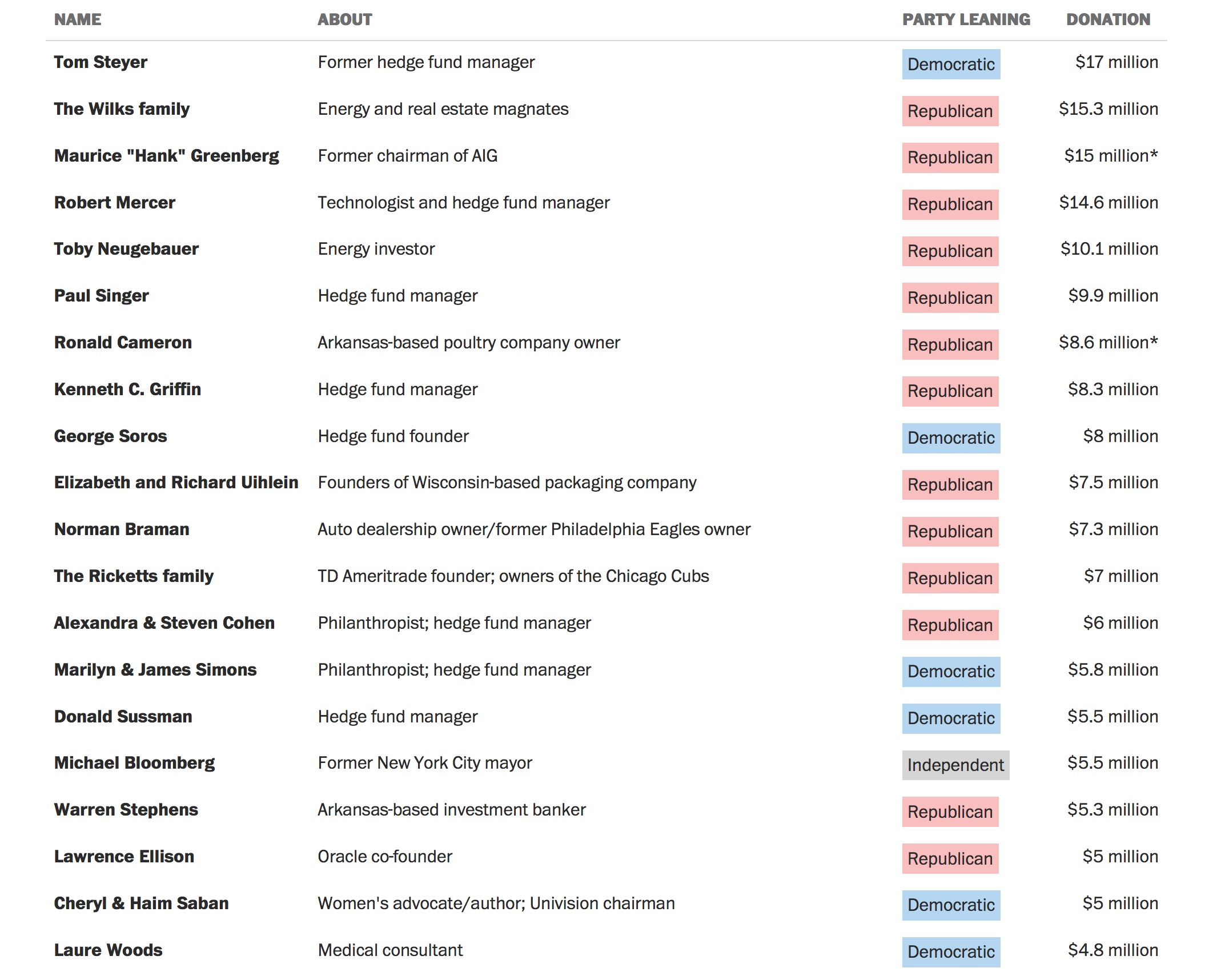I don’t often agree with author and columnist David Brooks, but I think he makes a very important observation regarding the continued evolution of moral relativism. Importantly, he notes that while our collective morality has become increasingly subjective, rather than governed by universal moral principles, it is now being driven more so by shame rather than guilt.
Brooks highlights an insightful essay by Andy Crouch, executive editor of Christianity Today, which lays the blame for the rise in shame versus guilt in some part on our immersion in online social networks. But, as Crouch points out despite our increasingly shame-driven culture (in the West), shame and shaming is not a new phenomenon.
Yet while shame culture has been with us for thousands of years the contemporary version offers a subtle but key difference. In ancient societies — and still mostly in Eastern cultures — avoidance of shame is about dignity and honor; in our Western world the new shame culture it is about pursuit of celebrity within the group.
From NYT:
In 1987, Allan Bloom wrote a book called “The Closing of the American Mind.” The core argument was that American campuses were awash in moral relativism. Subjective personal values had replaced universal moral principles. Nothing was either right or wrong. Amid a wave of rampant nonjudgmentalism, life was flatter and emptier.
Bloom’s thesis was accurate at the time, but it’s not accurate anymore. College campuses are today awash in moral judgment.
Many people carefully guard their words, afraid they might transgress one of the norms that have come into existence. Those accused of incorrect thought face ruinous consequences. When a moral crusade spreads across campus, many students feel compelled to post in support of it on Facebook within minutes. If they do not post, they will be noticed and condemned.
Some sort of moral system is coming into place. Some new criteria now exist, which people use to define correct and incorrect action. The big question is: What is the nature of this new moral system?
Last year, Andy Crouch published an essay in Christianity Today that takes us toward an answer.
Crouch starts with the distinction the anthropologist Ruth Benedict popularized, between a guilt culture and a shame culture. In a guilt culture you know you are good or bad by what your conscience feels. In a shame culture you know you are good or bad by what your community says about you, by whether it honors or excludes you. In a guilt culture people sometimes feel they do bad things; in a shame culture social exclusion makes people feel they are bad.
Crouch argues that the omnipresence of social media has created a new sort of shame culture. The world of Facebook, Instagram and the rest is a world of constant display and observation. The desire to be embraced and praised by the community is intense. People dread being exiled and condemned. Moral life is not built on the continuum of right and wrong; it’s built on the continuum of inclusion and exclusion.
This creates a set of common behavior patterns. First, members of a group lavish one another with praise so that they themselves might be accepted and praised in turn.
Second, there are nonetheless enforcers within the group who build their personal power and reputation by policing the group and condemning those who break the group code. Social media can be vicious to those who don’t fit in. Twitter can erupt in instant ridicule for anyone who stumbles.
Third, people are extremely anxious that their group might be condemned or denigrated. They demand instant respect and recognition for their group. They feel some moral wrong has been perpetrated when their group has been disrespected, and react with the most violent intensity.
Crouch describes how video gamers viciously went after journalists, mostly women, who had criticized the misogyny of their games. Campus controversies get so hot so fast because even a minor slight to a group is perceived as a basic identity threat.
The ultimate sin today, Crouch argues, is to criticize a group, especially on moral grounds. Talk of good and bad has to defer to talk about respect and recognition. Crouch writes, “Talk of right and wrong is troubling when it is accompanied by seeming indifference to the experience of shame that accompanies judgments of ‘immorality.’”
He notes that this shame culture is different from the traditional shame cultures, the ones in Asia, for example. In traditional shame cultures the opposite of shame was honor or “face” — being known as a dignified and upstanding citizen. In the new shame culture, the opposite of shame is celebrity — to be attention-grabbing and aggressively unique on some media platform.
Read the entire column here.





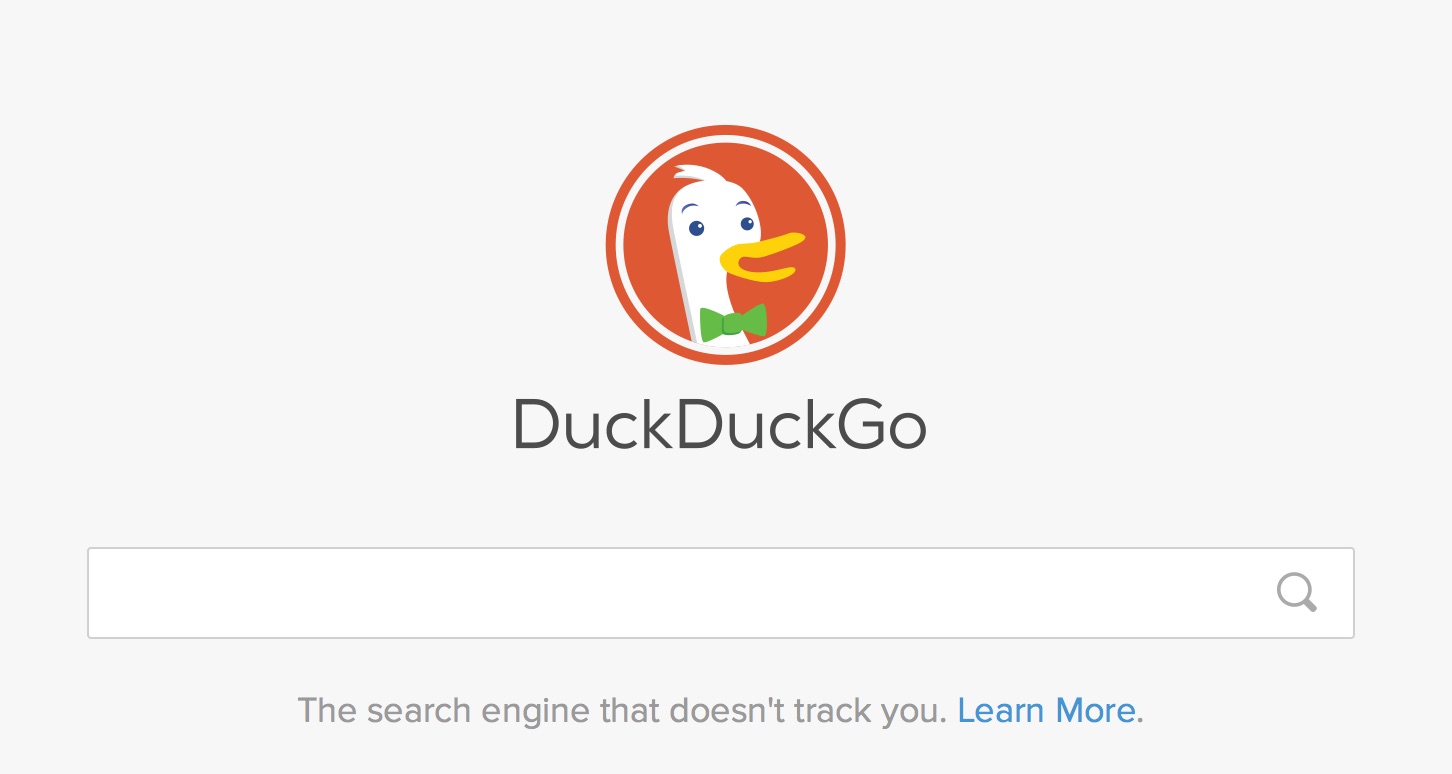
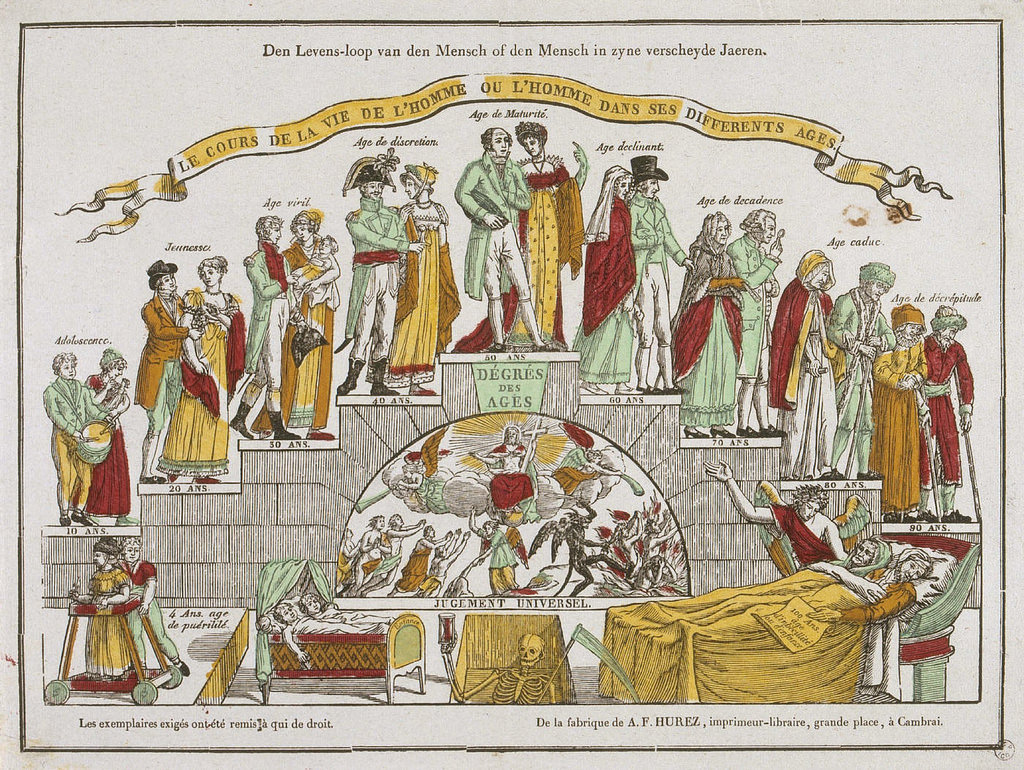
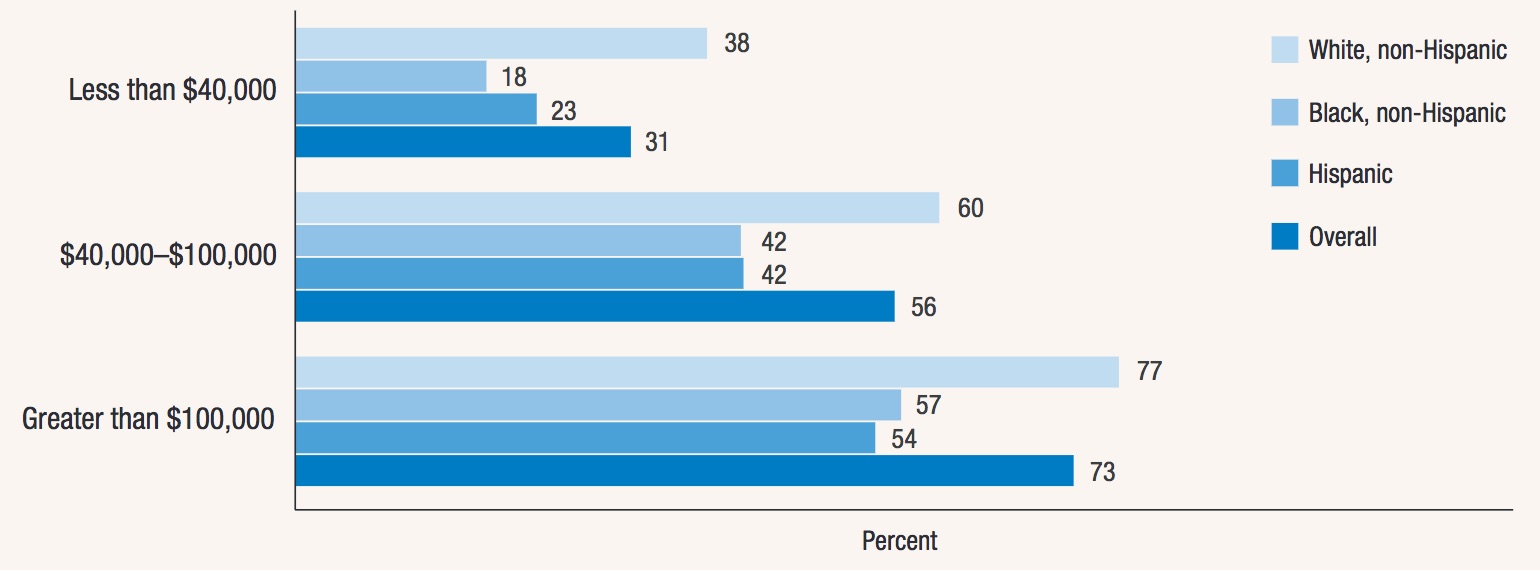
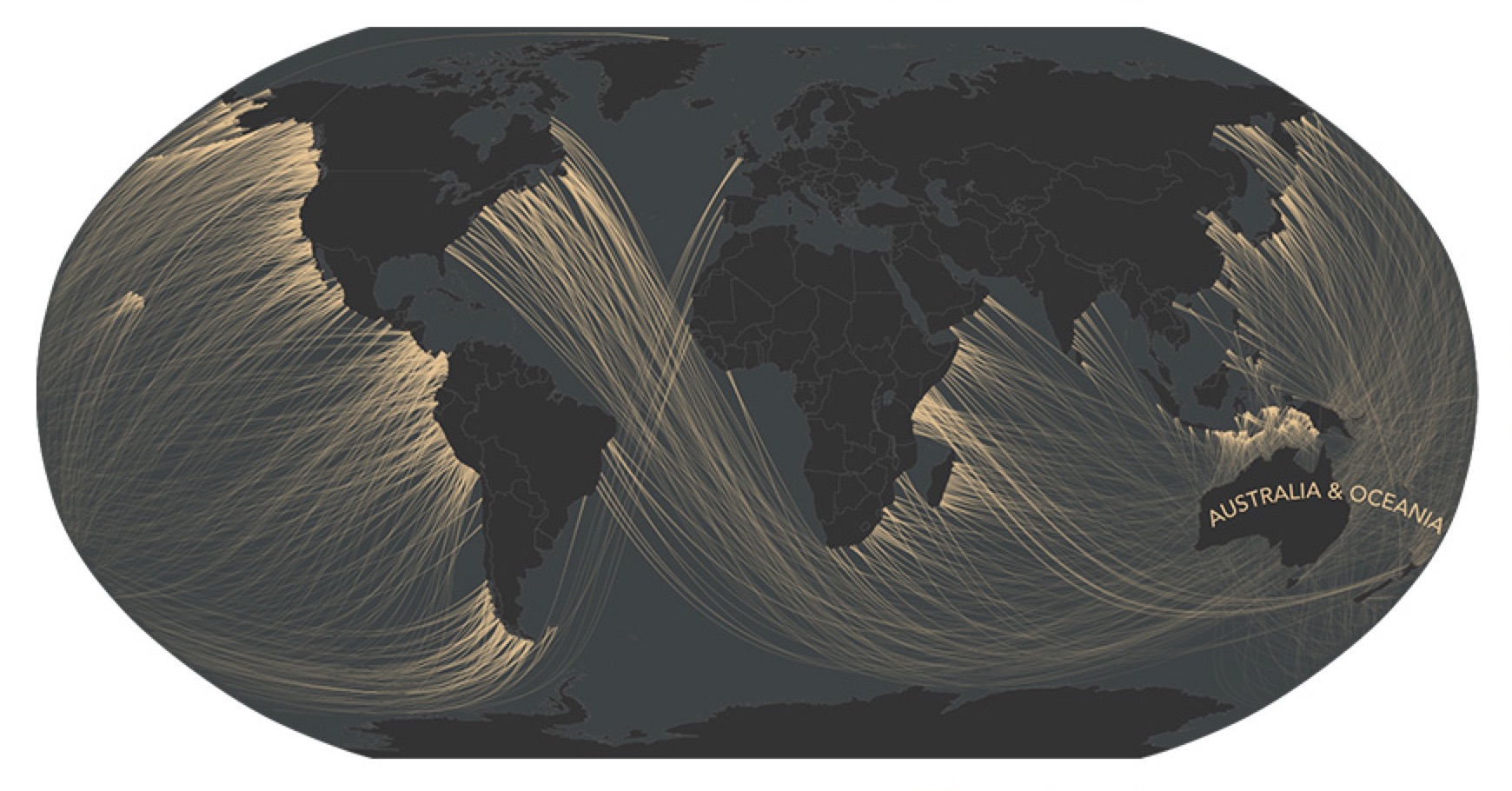
 If you’ve read my blog for a while you undoubtedly know that I have a rather jaded view of tech startup culture — particularly with Silicon Valley’s myopic obsession for discovering the next multi-billion dollar mobile-consumer-facing-peer-to-peer-gig-economy-service-sharing-buzzword-laden-dating-platform-with-integrated-messaging-and-travel-meta-search app.
If you’ve read my blog for a while you undoubtedly know that I have a rather jaded view of tech startup culture — particularly with Silicon Valley’s myopic obsession for discovering the next multi-billion dollar mobile-consumer-facing-peer-to-peer-gig-economy-service-sharing-buzzword-laden-dating-platform-with-integrated-messaging-and-travel-meta-search app.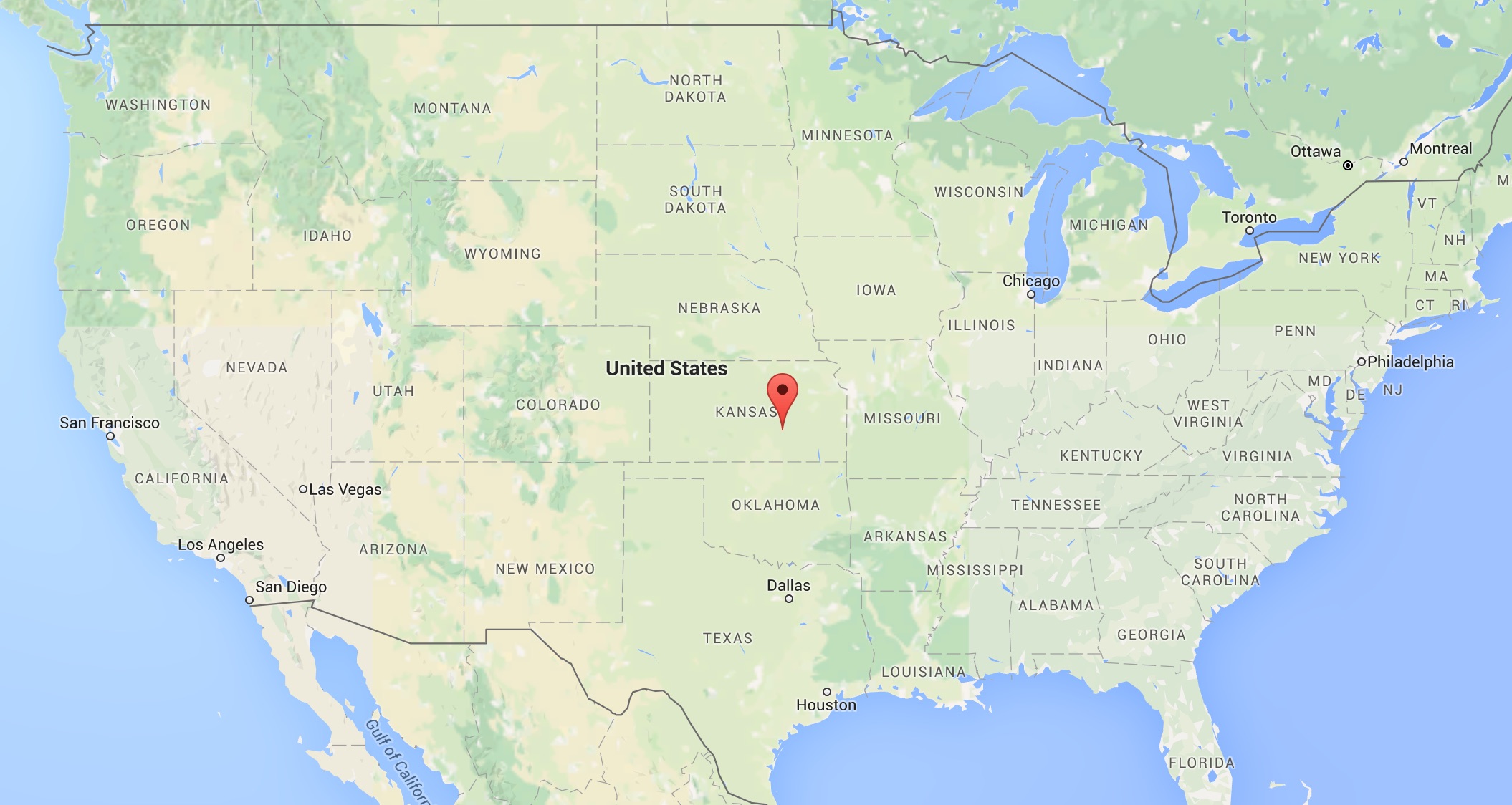
 Many of us would probably jump at the chance to secure a life-long position as a tenured professor at a prestigious college. Few disadvantages and lots of benefits: great salary, job for life, long vacations, post-docs to do all your hard work, teaching assistants to do all your easy work. But, most of us don’t have the academic chops to reach the rarefied atmosphere of our great institutions of learning.
Many of us would probably jump at the chance to secure a life-long position as a tenured professor at a prestigious college. Few disadvantages and lots of benefits: great salary, job for life, long vacations, post-docs to do all your hard work, teaching assistants to do all your easy work. But, most of us don’t have the academic chops to reach the rarefied atmosphere of our great institutions of learning. So, here’s the next best thing. Visit
So, here’s the next best thing. Visit 
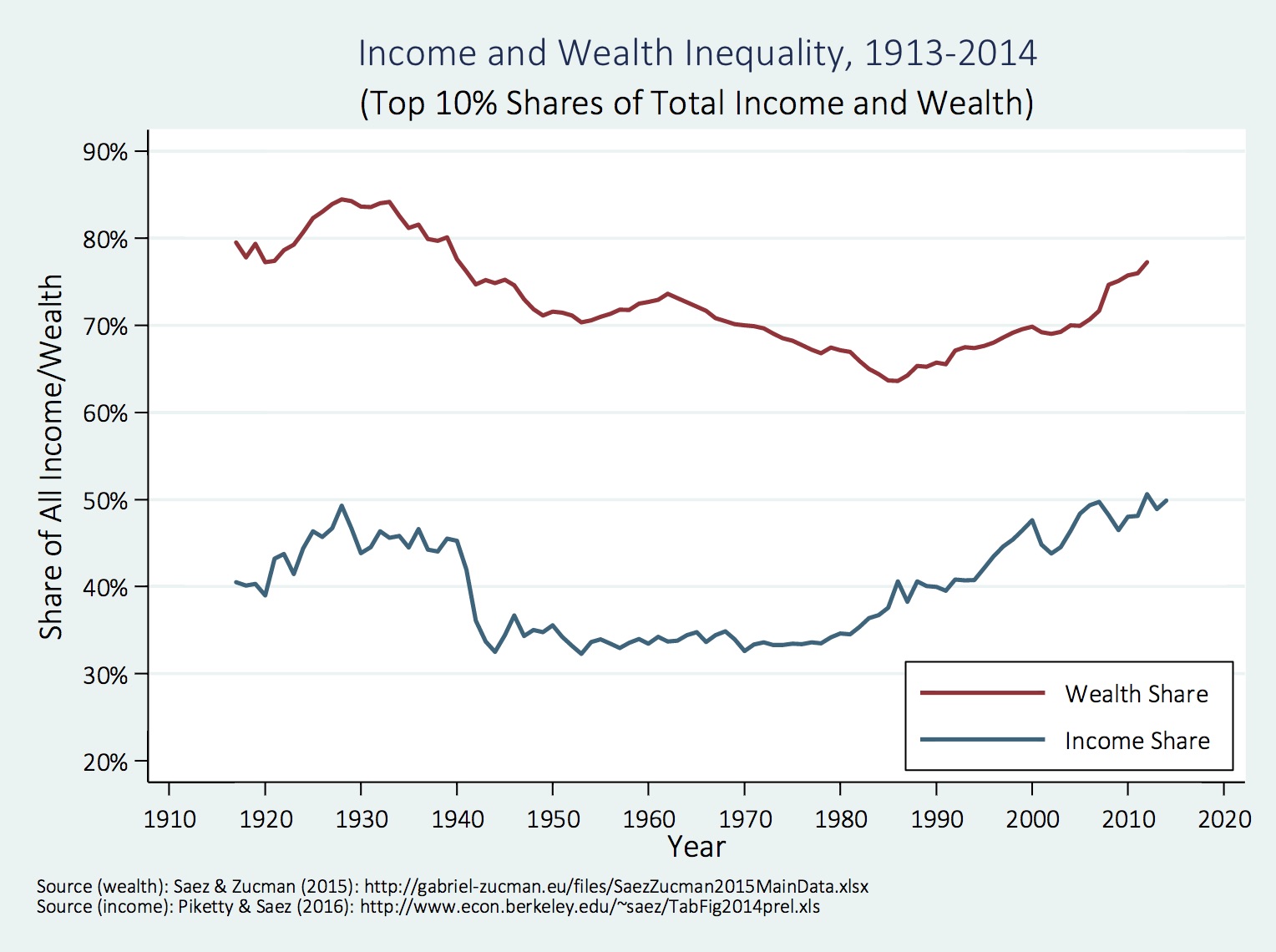
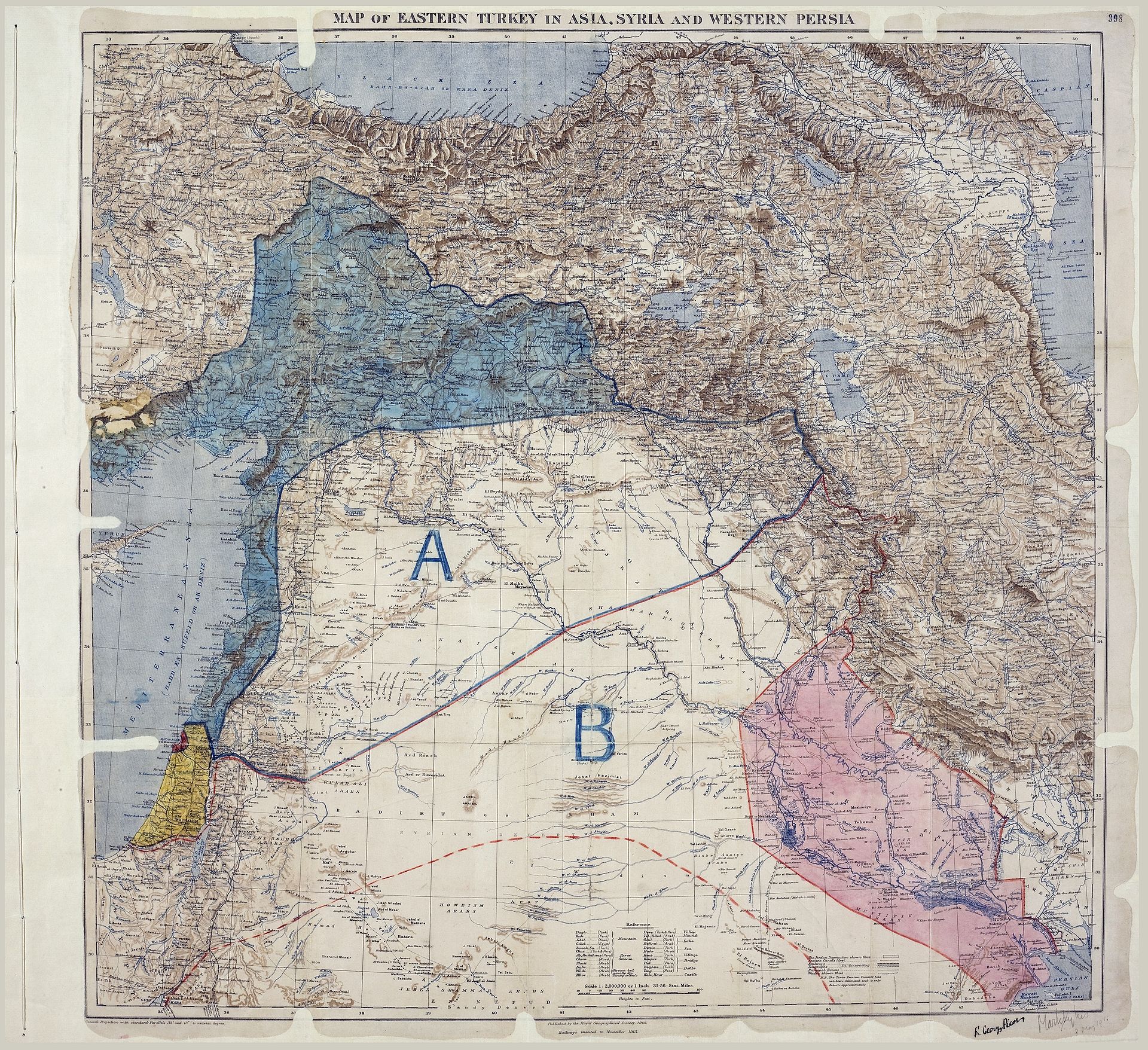



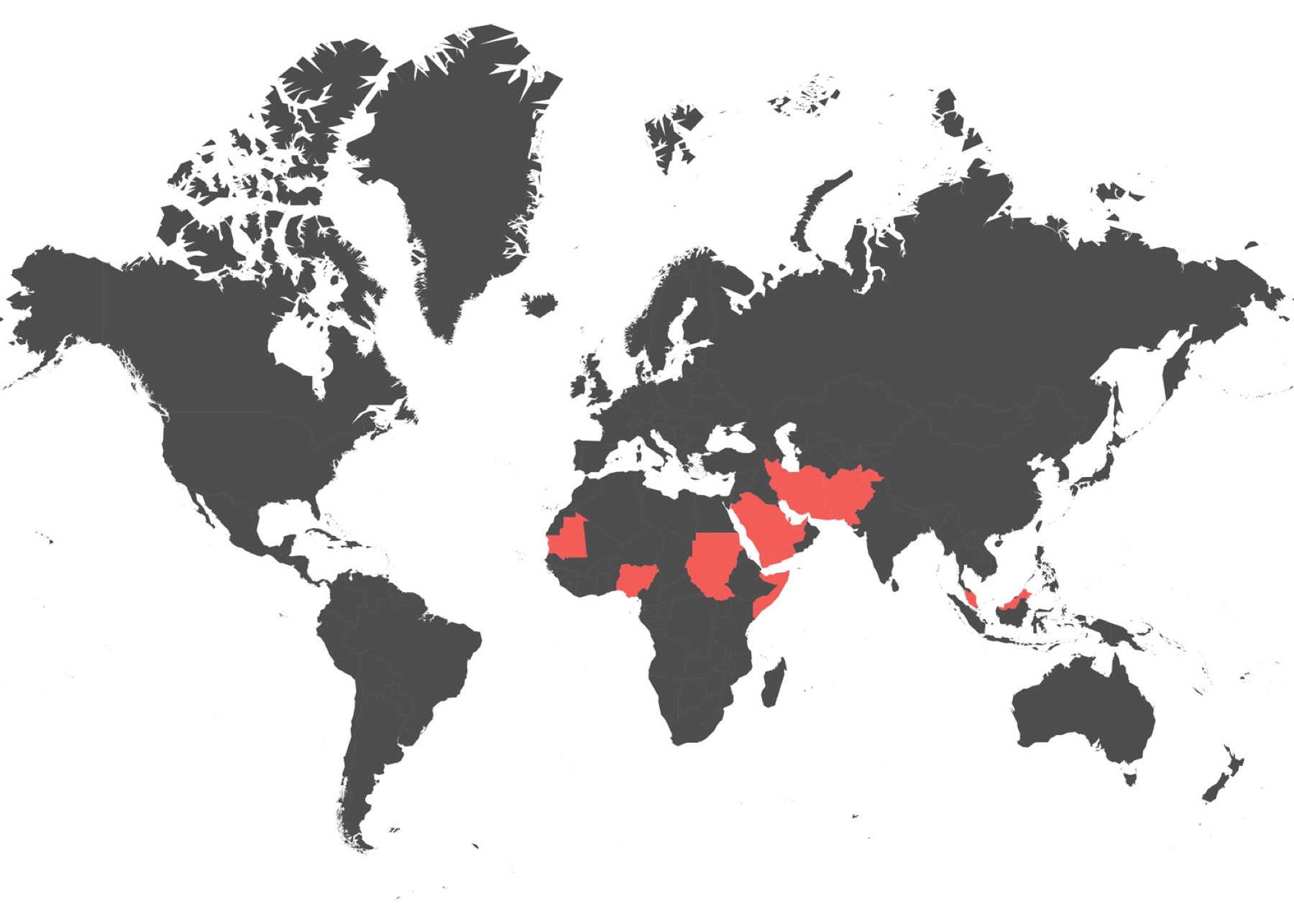 The inflammatory rhetoric of the US election gives me pause. Pretenders to the nation’s highest office include xenophobes and racists. Yet their words of fear and hate are protected by one of the simplest and most powerful sentences written in to law:
The inflammatory rhetoric of the US election gives me pause. Pretenders to the nation’s highest office include xenophobes and racists. Yet their words of fear and hate are protected by one of the simplest and most powerful sentences written in to law:
 OK, so I am thoroughly addicted to yogurt (or yoghurt, for my non-US readers). My favorite is the greek yogurt Fage, followed by an Aussie concoction called Noosa.
OK, so I am thoroughly addicted to yogurt (or yoghurt, for my non-US readers). My favorite is the greek yogurt Fage, followed by an Aussie concoction called Noosa. 